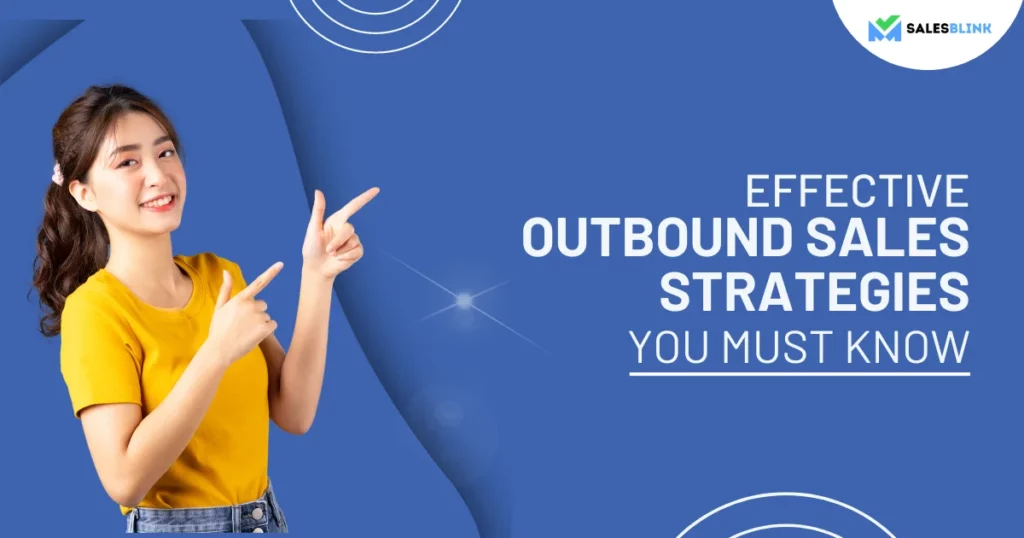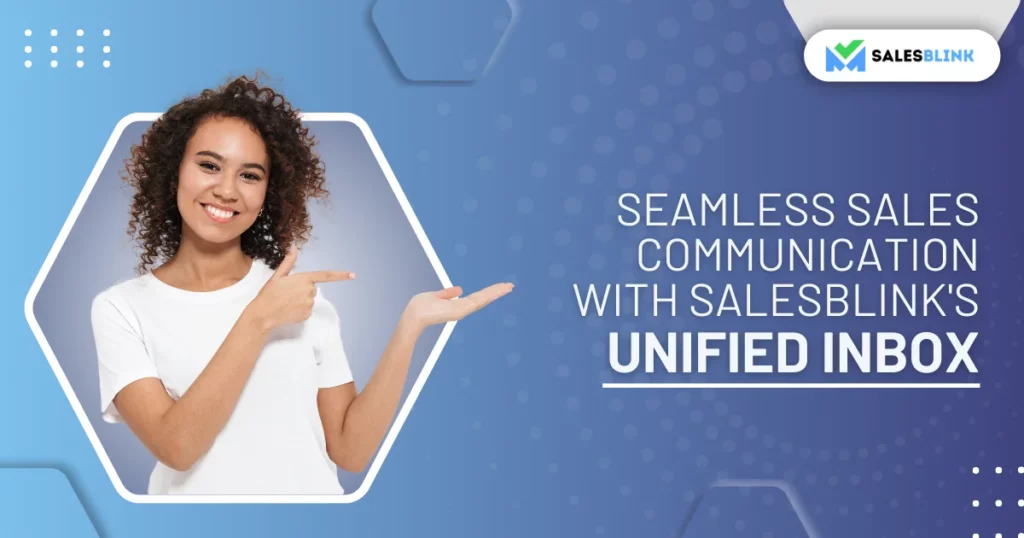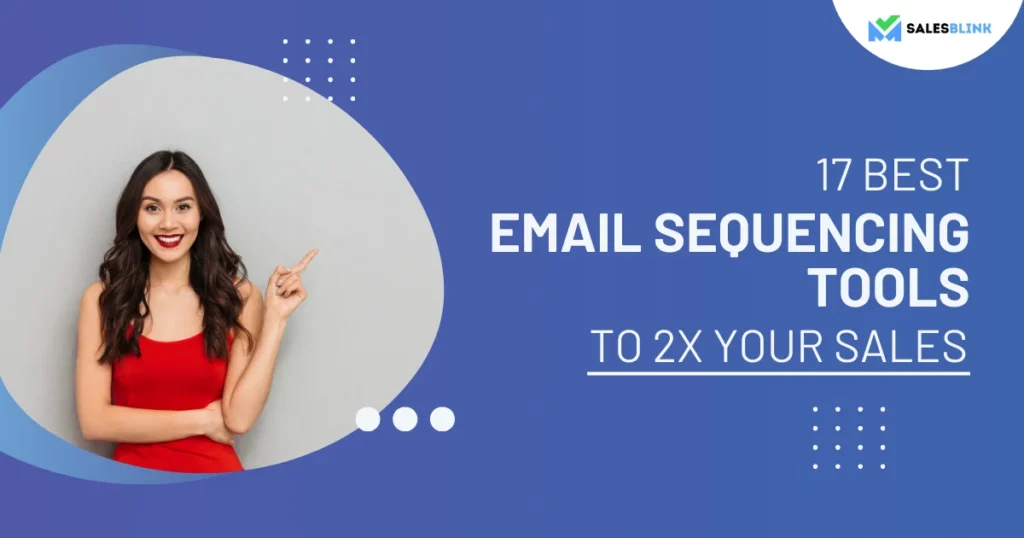Ultimate Consultative Selling Strategies For Effective Sales
Are you looking to boost your sales and enhance your selling strategies?
Look no further! In this blog post, we’ll dive into the world of Consultative Selling, a powerful approach that can take your sales game to the next level.
Whether you’re an established sales rep or someone just starting in the field, we’ve got you covered. We’ll break down the ultimate consultative selling strategies, provide tips and insights to help you engage with customers, understand their needs, and ultimately close more deals.
Get ready to revolutionize your sales approach and achieve remarkable results!
- What Is Consultative Selling, And Why Does It Work?
- Consultative vs. Solution Selling
- Consultative Selling Strategies
- 1. Research Prospects Thoroughly
- 2. Engage in Pre-call Planning
- 3. Add Value First
- 4. Actively Listen to Prospects
- 5. Build Trust with the Potential Customer During the Call
- 6. Switch Selling Strategies
- 7. Keep it conversational and genuine
- 8. Taking Ownership of the Conversation
- 9. Engage in Active Problem Solving
- 10. Building a Tailored Solution
- 11. Show Your Product in Action
- 12. Adapt to Feedback
- Consultative Sales Skills
- Benefits of Adopting a Consultative Selling Approach
- FAQs
What Is Consultative Selling, And Why Does It Work?
Consultative selling involves establishing trust and value with a potential customer while focusing on their requirements before presenting a solution. The first objective of a salesperson is building a relationship; the second is offering the right product.
Think about this: A prospect goes to a store to buy new shoes. When the prospect enters, a salesperson starts talking about the latest shoe styles without asking what the prospect wants. The prospect feels confused and annoyed, so leaves without buying anything.
Now, imagine the opposite. The prospect enters a store, and a friendly sales rep greets him. They ask about his shoe preferences, what kind of shoes he needs, and if he has any special requests. The salesperson listens to him and then shows him a few options that match his desire. When the prospect heads to the checkout, he is confident he is making the right choice. That’s the magic of consultative selling.
In consultative sales, it’s not just selling a product or a service. It’s about understanding the person you’re trying to sell to. It helps you determine their problems, what they want to achieve, and what bothers them. Then, you can offer them a solution that’s just right for them.
The important thing about the consultative sales approach is that it makes the person you’re selling trust you more. When you take the time to understand their unique needs and give them helpful solutions, they don’t see you as a pushy salesperson. Instead, they see you as someone who genuinely cares about helping them. It builds trust and credibility in the sales process.
Consultative vs. Solution Selling
Two popular approaches stand out in the sales world: consultative selling and solution selling. Sales teams use both methods to help customers but differ in their techniques and goals.
Consultative Selling is like being a friendly and helpful guide. In this approach, salespeople focus on building a strong relationship with the customer. They ask many questions to understand the customer’s needs, challenges, and goals. It’s all about listening carefully and showing empathy. Once they understand deeply, they offer solutions that fit the customer’s situation. It’s not about pushing a product but being a trusted advisor.
Solution Selling, on the other hand, is more like being a problem solver. Salespeople using this approach identify a customer’s problem or pain point and then present their product or service as the solution. They usually have a predetermined set of solutions to offer, and they work to match the customer’s needs to one of these solutions.
The key difference between the two is the starting point. Consultative selling begins with understanding the customer, while solution selling starts with presenting a solution. Consultative selling is more flexible because it tailors the solution to the customer, while solution selling relies on a set menu of solutions.
Sales professionals using consultative selling techniques need strong interpersonal skills, active listening, and adaptability. They build trust over time and often have longer sales cycles. In contrast, those using solution-selling skills must be persuasive and have a deep knowledge of their products or services.
Consultative Selling Strategies
In the sales world, the consultative selling approach is like the secret that can help you build strong, long-lasting customer relationships. It’s not about pushing products; it’s about understanding your customers’ needs and pain points and offering solutions that genuinely help them. Let’s break down the key strategies and skills you need to master the art of the consultative selling process.
1. Research Prospects Thoroughly
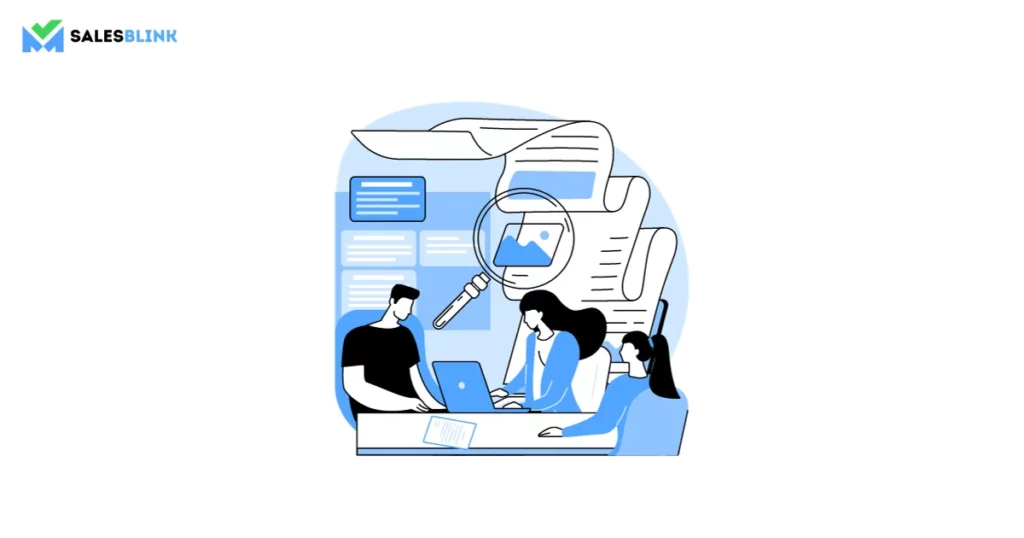
Imagine going on a treasure hunt without clues. That’s how it feels when you don’t research your prospects. Researching your prospects is like creating a treasure map; it helps you understand your potential customers and their needs. Here’s what you can do:
- Identify Pain Points: Find out what challenges your prospects are facing. What problems can your product or service solve for them? Knowing their pain points is the first step in providing solutions.
- Learn About Their Business: If you sell to a company, understand their industry, competitors, and goals. The more you know, the better you can tailor your approach.
- Know Their Preferences: Some prefer emails, while others prefer phone calls. Know your prospect’s communication preferences to reach out in a way that suits them best.
2. Engage in Pre-call Planning

Before you make that all-important sales call, take a step back and plan. It’s like preparing for a big game. Here’s what pre-call planning involves:
- Set Clear Objectives: Know what you want to achieve during the call. Is it to gather information, schedule a demo, or close a deal? Having clear objectives keeps you on track.
- Prepare Questions: Prepare a list of open-ended questions to ask your prospect. These questions encourage conversation and help you understand their needs.
- Anticipate Objections: Consider your prospect’s objections and how you’ll address them. Being prepared makes you more confident.
3. Add Value First

The consultative sales process is not about selling immediately but providing value from the beginning. Think of it as building trust coins. Here’s how you can add value:
- Share Helpful Insights: If you come across an article, video, or resource that could benefit your prospect, share it with them. It shows you’re genuinely interested in helping.
- Offer Free Advice: Sometimes, providing a quick solution to a small problem can go a long way in building trust. It demonstrates your expertise and willingness to assist.
- Be a Problem Solver: Position yourself as someone who can help solve their challenges, even before discussing your product or service.
4. Actively Listen to Prospects

One of the important consultative selling skills is listening. It’s not just about hearing words but understanding their meaning. Here’s how to become a great listener:
- Be Present: Focus solely on the conversation during a call or meeting. Put away distractions and give your prospect your full attention.
- Ask Follow-up Questions: If a prospect mentions a challenge, ask follow-up questions to dig deeper. For example, “Can you tell me more about how that’s affecting your business?”
- Empathize: Show that you understand their feelings. Say things like, “I can see why that’s frustrating,” or “I understand how important this is for your success.”
5. Build Trust with the Potential Customer During the Call
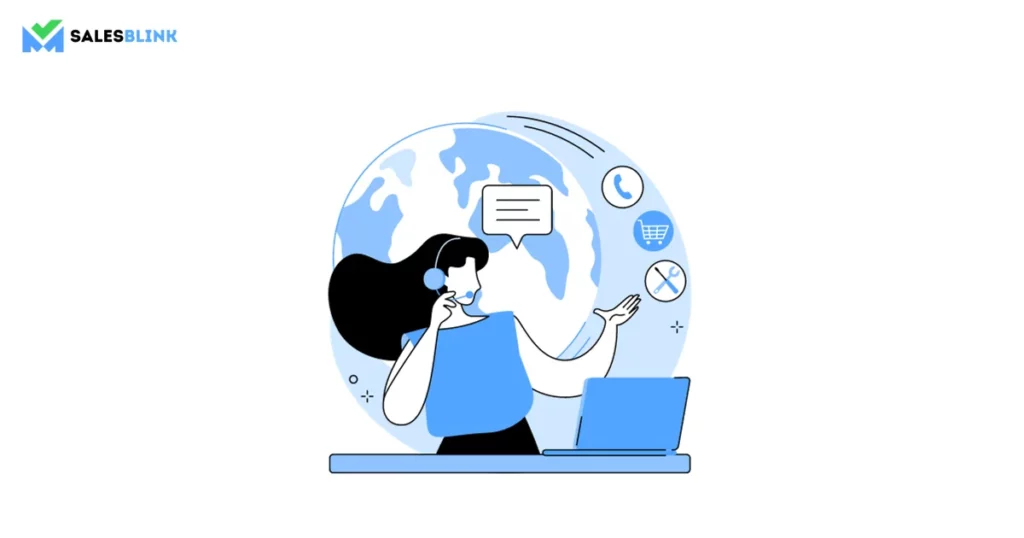
Trust is the foundation of consultative selling. Without trust, your prospect won’t believe in your solutions. Here’s how to build trust during your conversations:
- Be Honest: If you don’t know the answer to a question, admit it. Don’t make promises you can’t keep.
- Follow Through: If you promise to send information or follow up, do it promptly. It shows reliability.
- Share Success Stories: Mention how your product or service has helped others with similar challenges. Real-life examples build credibility.
6. Switch Selling Strategies

While consultative selling is a fantastic approach, there are better fits for some prospects. Sometimes, you may need to switch gears and adapt your selling strategy. Here’s when you might want to switch:
- Recognize Disinterest: Be flexible if your prospect is not interested in a consultative approach and wants a quick pitch.
- Time Sensitivity: If there’s a sense of urgency and your prospect needs a solution ASAP, a direct approach may be more appropriate.
- Different Buying Styles: Some prospects prefer a straightforward, no-frills approach, while others appreciate a more consultative and relationship-focused method. Please pay attention to their cues.
7. Keep it conversational and genuine
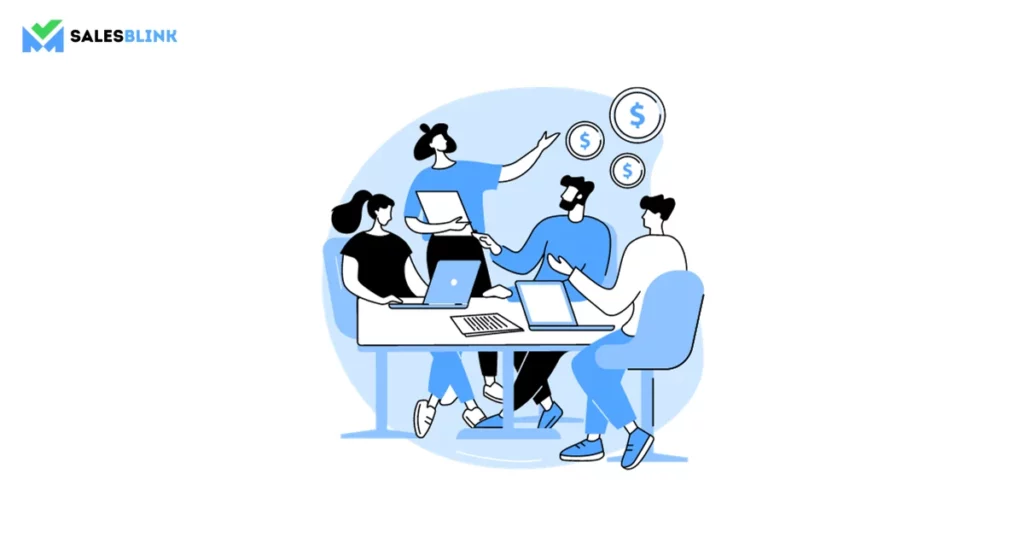
Imagine you’re helping a friend find the perfect birthday gift. You wouldn’t just grab any random thing off the shelf, right? You’d ask questions, learn about their interests, and listen to what they like. Consultative selling is a bit like that. It’s not about pushing a product onto someone; it’s about understanding their needs and guiding them to the best solution.
People buy from those they trust, so being genuine and honest is crucial. You want the customer to feel like you’re on their side, not just trying to make a sale.
8. Taking Ownership of the Conversation

When you’re using a consultative sales strategy, you’ve got to take ownership of the conversation. What does that mean? It means you’re not just there to pitch your product or service. You’re there to understand your customer’s needs and guide them toward a solution.
Imagine you’re a detective, and your customer’s needs are the case you’re trying to crack. You’ve got to ask the right questions, dig deep, and get to the bottom of things. That leads us to our next point.
9. Engage in Active Problem Solving
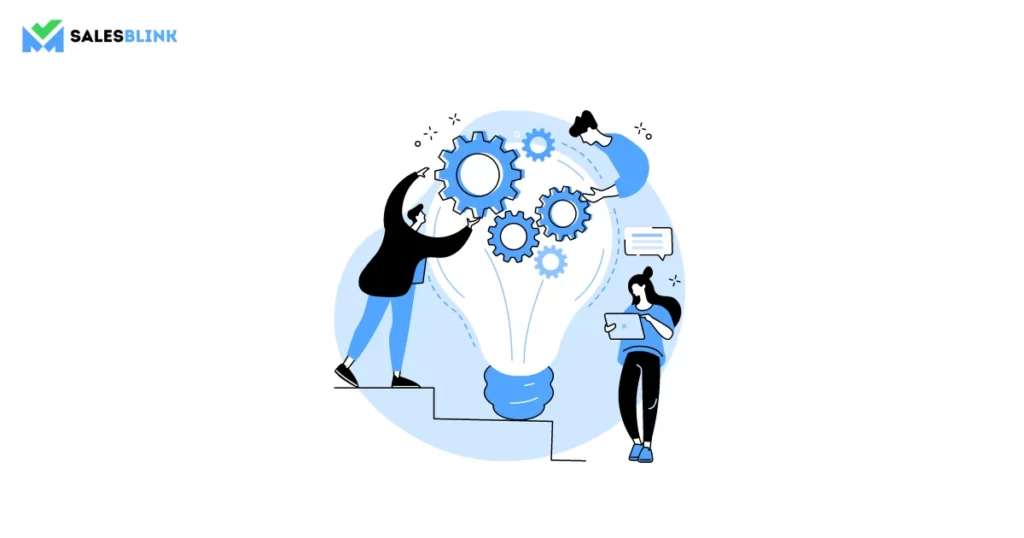
To be a successful consultative salesperson, you’ve got to be a problem solver. You’re not selling a product; you’re selling a solution to your customer’s problems. But to do that, you need to know what those problems are. That’s where probing questions come in.
- Dig Deeper: Instead of asking surface-level questions like, “Do you need a new widget?” take a deeper dive. Ask questions like, “What challenges are you currently facing with your widgets?” These probing questions encourage your customer to open up and share more about their situation.
- Uncover Hidden Issues: Probing questions act like a magnifying glass, revealing issues that may not be immediately obvious. Your customer might have underlying concerns or specific pain points they need to mention. You can bring these hidden problems to light by asking the right questions.
10. Building a Tailored Solution
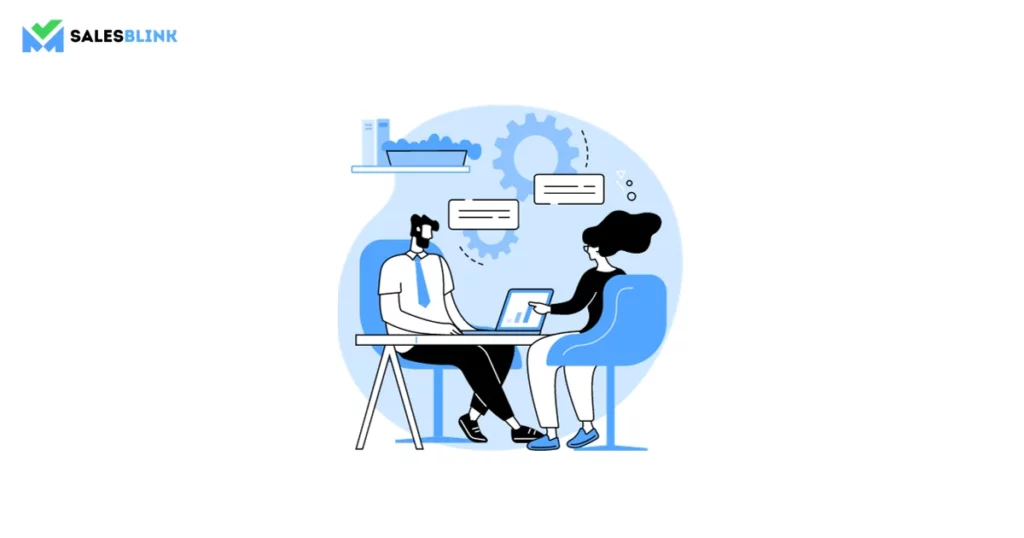
Now that you’ve uncovered your customer’s challenges, it’s time to build a solution tailored just for them. Remember, one size doesn’t fit all in consultative selling. Each customer is unique, and their problems may require different approaches.
Let’s say your customer has told you they struggle with widgets that frequently break down. You can now suggest a solution that addresses this specific issue, like a more durable widget or a maintenance plan.
11. Show Your Product in Action
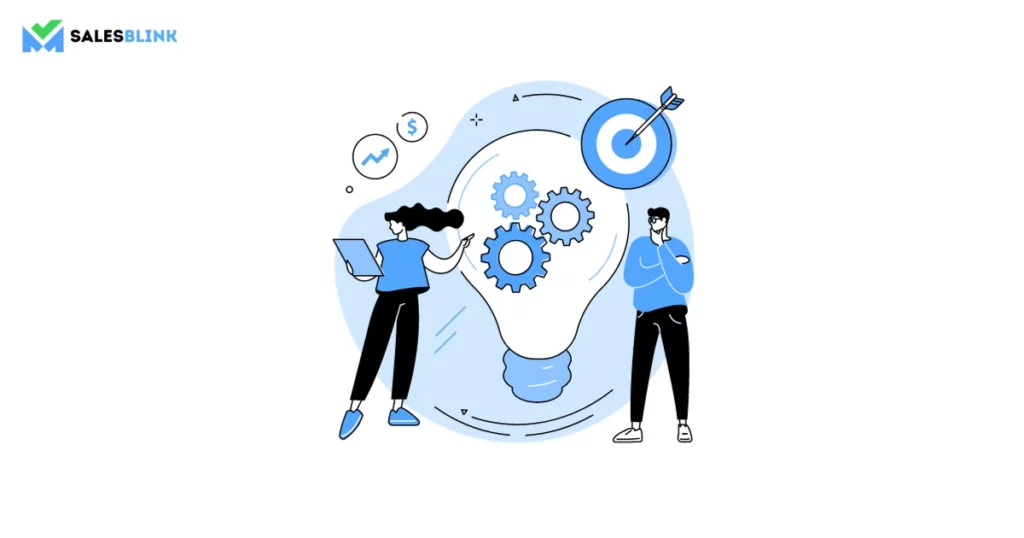
Here’s a secret sauce for consultative selling – show, don’t just tell. When you’ve got a solution in mind, don’t just describe it; show it in action. Paint a picture for your customer. Please explain how your product or service will make their life easier or solve their problems.
If you’re selling that super-durable widget, don’t just talk about its strength; show a video of it enduring extreme conditions without a scratch. Visuals and examples can make a world of difference.
12. Adapt to Feedback
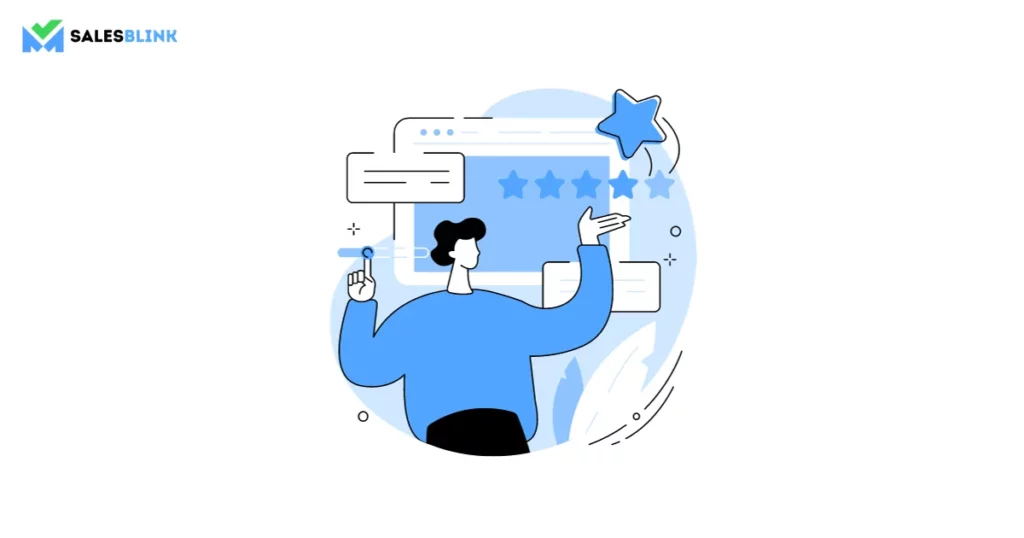
In the world of consultative selling, flexibility is key. Sometimes, your customer might have feedback or concerns about your proposed solution. That’s okay! Listen carefully to their feedback and be ready to adapt.
If they have reservations, address them sincerely. If they have additional needs, explore how you can meet them. Your willingness to adapt and work together can strengthen the relationship and move the sales cycle forward.
Using these strategies and investing in your consultative sales skills, you can create lasting relationships with your customers and succeed in the sales world. So, go out there, be the detective of solutions, and close those deals with confidence!
Consultative Sales Skills

Consultative sales skills are like superpowers for successful salespeople. Here are the essential skills you need to know:
1. Active Listening: This means paying attention when your customer talks. Listen to understand, not just to reply.
2. Empathy: It’s like stepping into the customer’s shoes. Feel what they feel, and show that you care about their needs.
3. Communication: Clear and simple language is key. Explain things so that anyone can understand. No jargon!
4. Problem Solving: Think of yourself as a puzzle solver. Understand the customer’s issues and offer solutions that fit like perfect pieces.
5. Adaptability: Be flexible. Change your approach based on what the customer needs. One size doesn’t fit all.
6. Patience: Building relationships takes time. Don’t rush; let things develop naturally.
7. Product Knowledge: Know your stuff! Understand your product inside out to match it to the customer’s needs.
8. Confidence: Believe in your product and yourself. Confidence is contagious and can reassure the customer.
9. Closing Skills: Know when to ask for the sale. Be polite but firm.
10. Follow-Up: Stay active after the sale. Keep in touch, and show you’re there for the long haul.
Master these skills, and you’ll be a consultative sales superstar!
Benefits of Adopting a Consultative Selling Approach
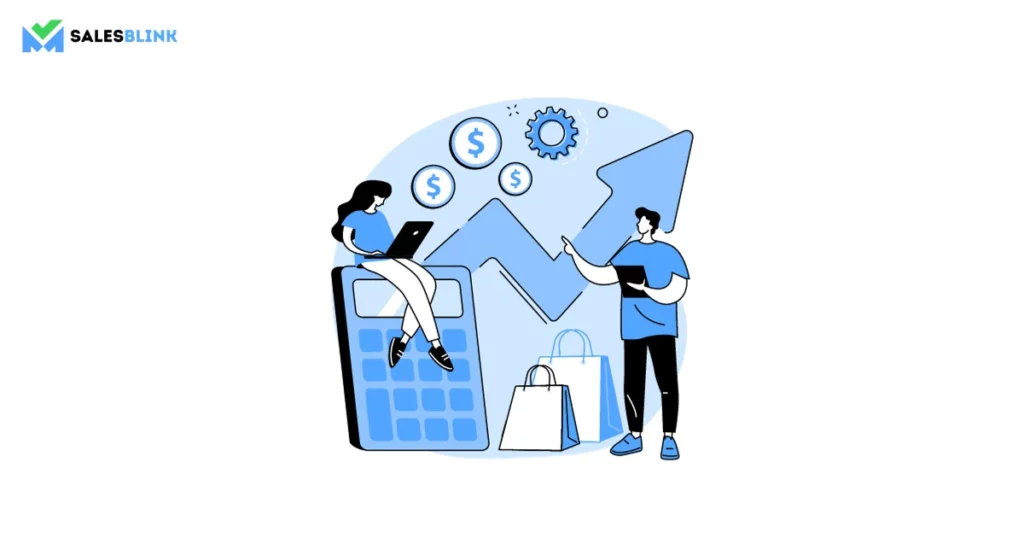
Adopting a consultative selling approach can be a game-changer for businesses, and here’s why:
- Shorter Sales Cycles: Understanding your customer’s needs speeds up sales. You don’t waste time on things they don’t want, making everything quicker.
- Higher Customer Satisfaction: Happy customers mean a thriving business. When you listen to your customers and offer solutions tailored to them, they’re more likely to be satisfied.
- Improved Conversion Rates: Consider converting like turning curious shoppers into happy buyers. With consultative selling, you’re more likely to turn prospects into customers because you’re addressing their exact needs.
- Increased Efficiency: Being efficient is like getting more done in less time. When you know what your customer wants, you can concentrate on what matters most, streamlining your sales process.
- Repeat or Long-term Customers: Repeat customers are like gold. They keep coming back, which means more business for you. With consultative selling, you build trust; customers are likely to stick around for the long haul.
So, consultative selling helps you sell smarter, not harder. You save time, make customers happier, and boost your business. It’s like having a secret weapon that leads to success in the sales world.
Consider adopting this approach if you’re in sales or thinking about it. It’s a win-win for both you and your customers!
Unlock Sales Success by Using Consultative Selling Strategies
In the sales world, the consultative approach shines as a guiding light. Understanding your customers, addressing their needs, and building trust will pave the way for shorter sales cycles, happier customers, and a more efficient sales process. It’s like having a secret recipe for success. Remember, the key lies in active listening, adaptability, and problem-solving.
So, whether you’re a sales pro or just starting, embrace consultative selling as your trusty companion on the journey to sales excellence. With these strategies in your toolkit, you’re on your way to becoming a sales master!
FAQs
Consultative selling is all about understanding the customer’s needs and tailoring solutions to fit them. Other approaches might focus more on pushing a product without deep customer understanding.
Results vary, but consultative selling often takes longer because it’s about building relationships. However, the trust and loyalty you gain can lead to more significant, long-term success.
While it’s not mandatory, consultative sales training can sharpen your skills. It teaches you to ask the right questions, listen actively, and effectively adapt to different customers.


